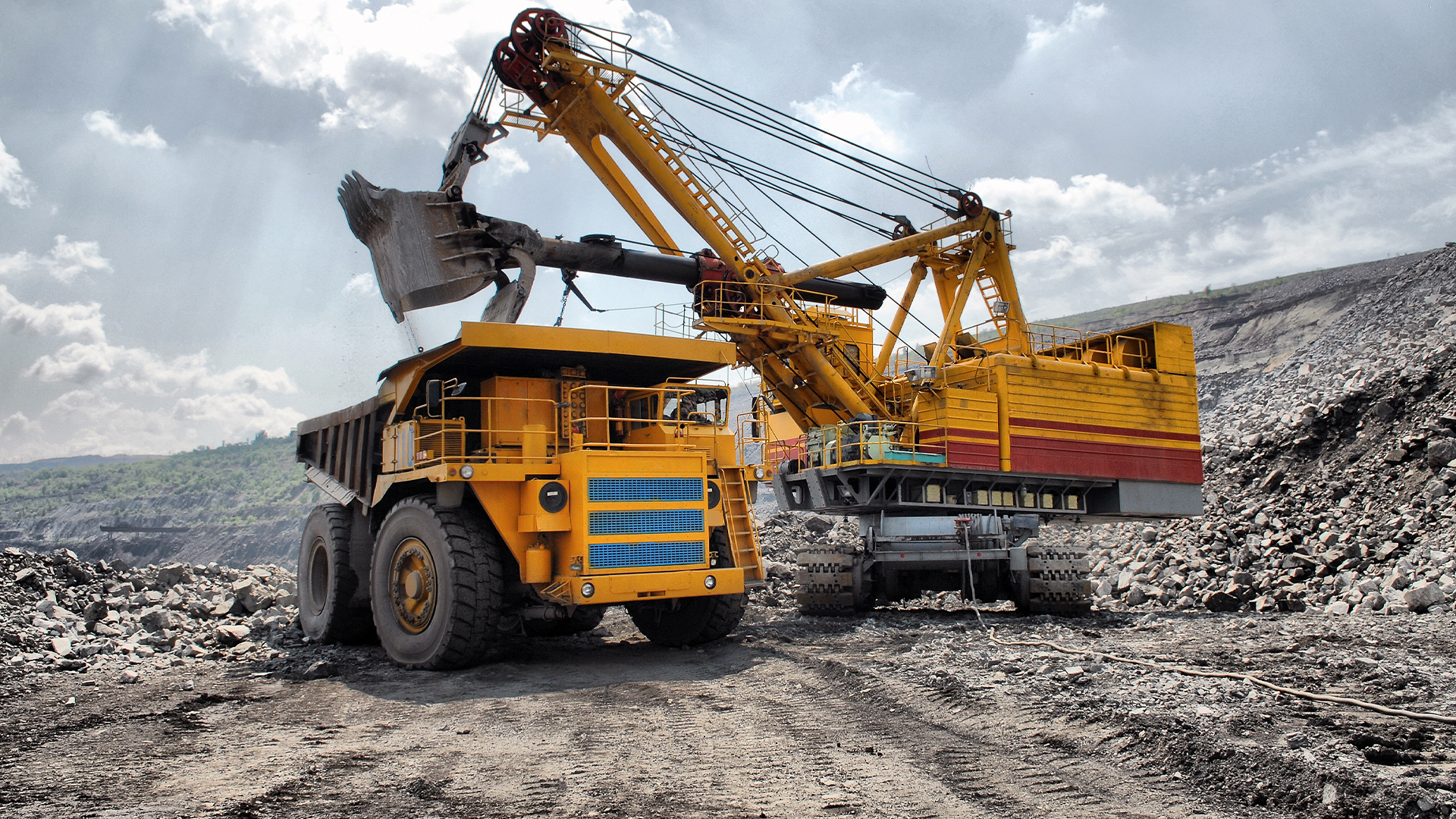
Publication
HKEx's commitment to sustainability: The new phase of paperless regulatory reform
In recent years, the Hong Kong Stock Exchange (HKEx) has introduced several initiatives to digitize its regulatory processes.


Indonesia | Publication | 六月 2020
On 12 May 2020, the parliament passed a law amending (2020 Mining Law Amendment) the 2009 Mining Law (Law No.4 of 2009 on Mining Mineral and Coal).
The following highlights some new and key provisions in the 2020 Mining Law Amendment which are worth noting for investors and mining companies:
One of the major changes made by the 2020 Mining Law Amendment is in relation to the mining business licensing. In general, the 2020 Mining Law Amendment emphasises that mineral and coal are controlled by the central government. Previously, the 2009 Mining Law which stipulated that those commodities are controlled by the central and/or regional government.
The licensing for mining business will be implemented by the central government and will consist of the following: (1) principal business number, (2) standard certificate, and/or (3) mining permits/licenses.
With respect to mining permits/licenses, the 2009 Mining Law classified three types of mining permits/licenses: (a) Mining Business Permit (Izin Usaha Pertambangan or IUP), (b) Community Mining Permit (Izin Pertambangan Rakyat or IPR), (c) Special Mining Business Permit (Izin Usaha Pertambangan Khusus or IUPK).
The 2020 Mining Law Amendment incorporates new types of mining permits, which were not included in the 2009 Mining Law, as follows:
Although mining business licensing is implemented by the central government, the 2020 Mining Law Amendment allows the central government to delegate licenses and permits matters to the regional government in accordance with the prevailing law.
Previously under the 2009 Mining Law, transfer of IUP/IUPK is restricted. The implementing regulation of the 2009 Mining Law specifies that the transfer restriction only applies to companies in which 51% or more shares are not owned by the holder of IUP/IUPK.
The 2020 Mining Law Amendment allows transfer of IUP/IUPK subject to approval from the Ministry of Energy and Mineral Resources. The approval will be given if IUP or IUPK holders satisfy certain requirements: (a) the holders have completed the exploration as evidenced by the availability of resources and reserve data and (b) the holders satisfy administrative, technical and financial requirements.
Another notable change is the divestment requirements. Under the 2009 Mining law, holders of IUP and IUPK were required divest their foreign ownership to the central or regional government after 5 years of production. The implementing regulation of the 2009 Mining Law specified that the divestment could be carried out so that in the 10th year the shares in holders of IUP and IUPK would be held 51% by Indonesian participant.
The 2020 Mining Law Amendment specifies that holders of IUP or IUPK shall divest gradually for 51% to the central government, regional government, state owned enterprises, regionally owned enterprises, and/or national private business entity. If the required divestment cannot be implemented, the divestment shall be carried out through the Indonesian stock exchange.
The 2020 Mining Law Amendment does not mention when the divesture requirements shall commence and when they shall be completed. The aforesaid issue would normally be further specified under new implementing regulations.
Further, the 2020 Mining Law Amendment assures the extension of Contracts of Work (CoW) and Coal Contracts of Work (CCoW) in the form IUPK for Continuity of Operation of Contract/Agreement.
Prior to the 2009 Mining Law, CoW and CCoW were used as the legal framework for mining business activities in Indonesia. CoW and CCoW are contracts between the Indonesian government and Indonesian legal entities. The 2009 Mining Law changed the legal framework from contract scheme to licensing scheme (i.e. IUP, IUPK, and IPR). Under the 2009 Mining Law, the CoW and CCoW in existence when the 2009 Mining Law came into forcewould still be valid until those contracts expired. No further details with respect to extension were specified in the 2009 Mining Law.
Pursuant to the 2020 Mining Law Amendment, the CoW and CCoW in existence when the 2020 Mining Law Amendment came into force are given assurance for extension of CoW and CCoW in the form of IUPK for Continuity of Operation of Contract/Agreement with the following details:
Prior to the 2020 Mining Law Amendment, the extension of CoW and CCoW were regulated under the implementing regulation of the 2009 Mining Law.
Pursuant to the 2020 Mining Law Amendment, the implementing regulation of the 2020 Mining Law Amendment will be issued within 1 year. Our view is that mining business players and investors will need to wait for the implementing regulations to have further clarity on how the new provisions will be implemented. We will closely monitor and update accordingly.

Publication
In recent years, the Hong Kong Stock Exchange (HKEx) has introduced several initiatives to digitize its regulatory processes.
Subscribe and stay up to date with the latest legal news, information and events . . .
© Norton Rose Fulbright LLP 2025